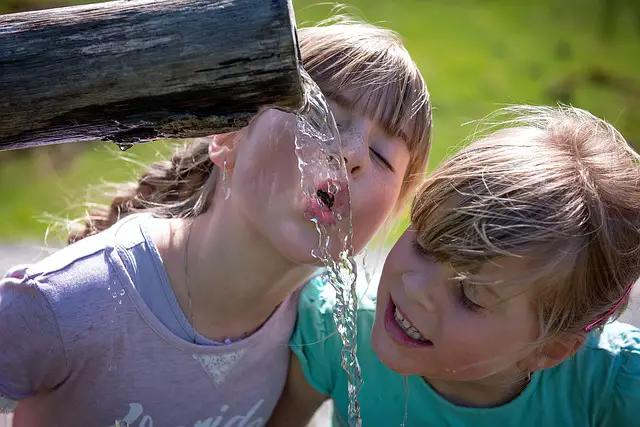Controlling water usage is essential for sustainable living and environmental conservation. By implementing effective strategies and optimizing timing, individuals and households can minimize water wastage and contribute to the preservation of precious water resources. This article explores various techniques for controlling water usage and highlights the importance of timing in achieving efficient water management practices.
Table of Contents
Understanding the Importance of Water Usage
Water is a finite resource vital for life, yet its availability is becoming increasingly limited due to population growth, climate change, and pollution. Controlling water usage is crucial for ensuring that water remains accessible for future generations and minimizing environmental impact. By adopting effective strategies for water management, individuals can reduce their ecological footprint and contribute to the sustainability of water resources.
Maximizing Efficiency Through Timing: The Key to Effective Water Management
Timing plays a critical role in water usage control, as certain activities can significantly impact water consumption depending on when they are performed. By optimizing timing, individuals can minimize water wastage and maximize efficiency in their daily routines. Whether watering the garden, doing laundry, or taking showers, choosing the right time to perform these activities can substantially affect overall water usage.
Watering Wisely: Optimal Timing for Outdoor Irrigation
One of the primary areas where timing is crucial for water control is outdoor irrigation. Watering plants and lawns during the early morning or late evening hours can help reduce evaporation and ensure that water reaches the roots where it’s needed most. Avoid watering during the day’s heat, as this can lead to water loss through evaporation and inefficient plant absorption. By watering wisely and at optimal times, individuals can conserve water and promote healthy plant growth.
Timing Your Showers: Minimizing Water Waste in Personal Hygiene
Showers are another area where timing can significantly impact water usage control. Limiting shower duration and avoiding long, leisurely showers can help conserve water and reduce overall consumption. Additionally, taking showers during off-peak hours when water demand is lower can help alleviate strain on municipal water systems and ensure adequate water supply for all residents. By being mindful of shower timing and duration, individuals can reduce water wastage and promote efficient water management practices.
Strategic Dishwashing: Timing for Water-Efficient Cleaning
Dishwashing is a household chore that can consume much water if not done efficiently. Individuals can minimize water usage and maximize efficiency by timing dishwashing activities to coincide with full loads and off-peak hours. Utilize energy-efficient dishwashers with water-saving features and avoid pre-rinsing dishes under running water instead of scraping food scraps into the compost bin or trash. Households can reduce water waste and lower utility bills by strategically timing dishwashing activities.
Laundry Day: Optimizing Timing for Efficient Washing
Laundry is another area where timing can impact water usage. Washing full loads of laundry instead of partial loads and selecting shorter wash cycles can help conserve water and energy. Additionally, timing laundry activities to coincide with off-peak hours can help reduce strain on water and energy infrastructure and contribute to overall efficiency. By adopting water-saving practices and optimizing the timing for laundry day, individuals can minimize water usage and promote sustainable living.
Capture Rainwater: An Old Technique Still Viabable Today
Capturing rainwater is an age-old technique that continues to be a viable solution even today. This method involves collecting and storing rainwater for various purposes, such as watering plants, cleaning, and even drinking water in some cases. The simplicity and effectiveness of this technique make it an attractive option, especially in areas where water scarcity is an issue. By capturing rainwater, we conserve precious water resources and reduce the strain on traditional water sources. Additionally, this technique promotes self-sufficiency and sustainability, empowering individuals and communities to take control of their water supply. With the increasing concerns over climate change and the need for sustainable practices, capturing rainwater remains a practical and eco-friendly solution that anyone can implement anywhere.
Final Thoughts About Controlling Water Usage
In conclusion, optimal timing is crucial for effective water management and controlling water usage in daily life. Individuals can minimize water wastage and maximize efficiency by strategically timing activities such as outdoor irrigation, showers, dishwashing, and laundry. Water usage control is essential for preserving precious water resources and promoting sustainable living practices.
By adopting these strategies and being mindful of timing, individuals can play a significant role in conserving water for future generations.
